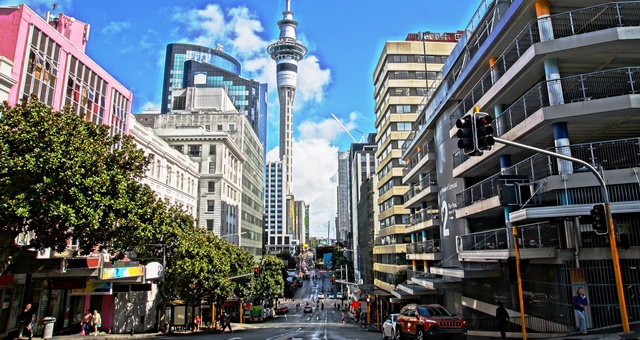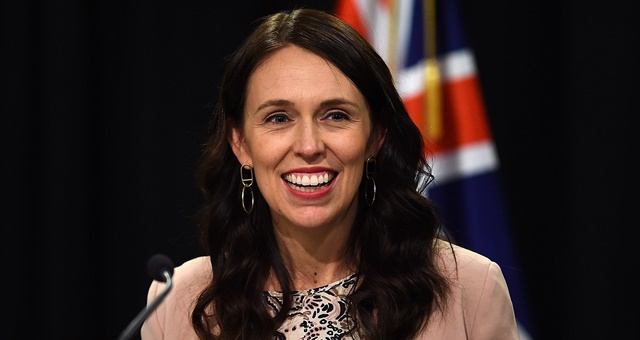Ensuring quarantine-free travel has been outlined by Tourism Industry Aotearoa (TIA) as a key objective in a ‘roadmap’ back to prosperity for New Zealand’s tourism industry in the wake of the pandemic, the Association said this week.
Speaking to more than 400 attendees online this week at the 2021 Tourism Summit Aotearoa, outgoing TIA Chief Executive, Chris Roberts, said it could be 2024 before the industry approaches its ‘new normal’ and levels of profitability it enjoyed in 2019. The roadmap drew on expertise and opinions from more than two-dozen industry experts and leaders.
TIA estimates showed New Zealand has lost NZD$26 billion in tourism revenue since its international borders were closed in February 2020 and a further NZD$16 billion could follow if the country continues to delay its reopening.
The New Zealand Government said last week short-term overseas visitors wouldn’t be able to enter the country until at least April 30, 2022, with only returning Kiwis able to enter the country, initially just from Australia from January.
Aimed as a general outline of how the industry might perform both before and after international borders reopen and travel gradually comes back to life, Roberts said quarantine-free travel was crucial to helping the sector restore its own success.
“Even if operators disagree or will make up their own minds, this roadmap work will form a basis for their own business planning,” Roberts said.
“Not many government or private sector analysts are covering tourism so this information may also be used to ensure better consideration of tourism across a wide range of processes.”
Roberts said a further NZD$23 billion will be lost in the next three years, however this could jump to NZD$39 billion if the border reopening is delayed further.
Further challenges facing New Zealand in the immediate term once borders reopen are more familiar and include air seat availability, costs and international competitiveness.
“We are certainly not taking these projections as set in concrete,” Roberts said.
“TIA will continue to advocate strongly to government to achieve the best possible outcomes for our industry, which was the first to be hit by the pandemic and will be the last to recover.”



